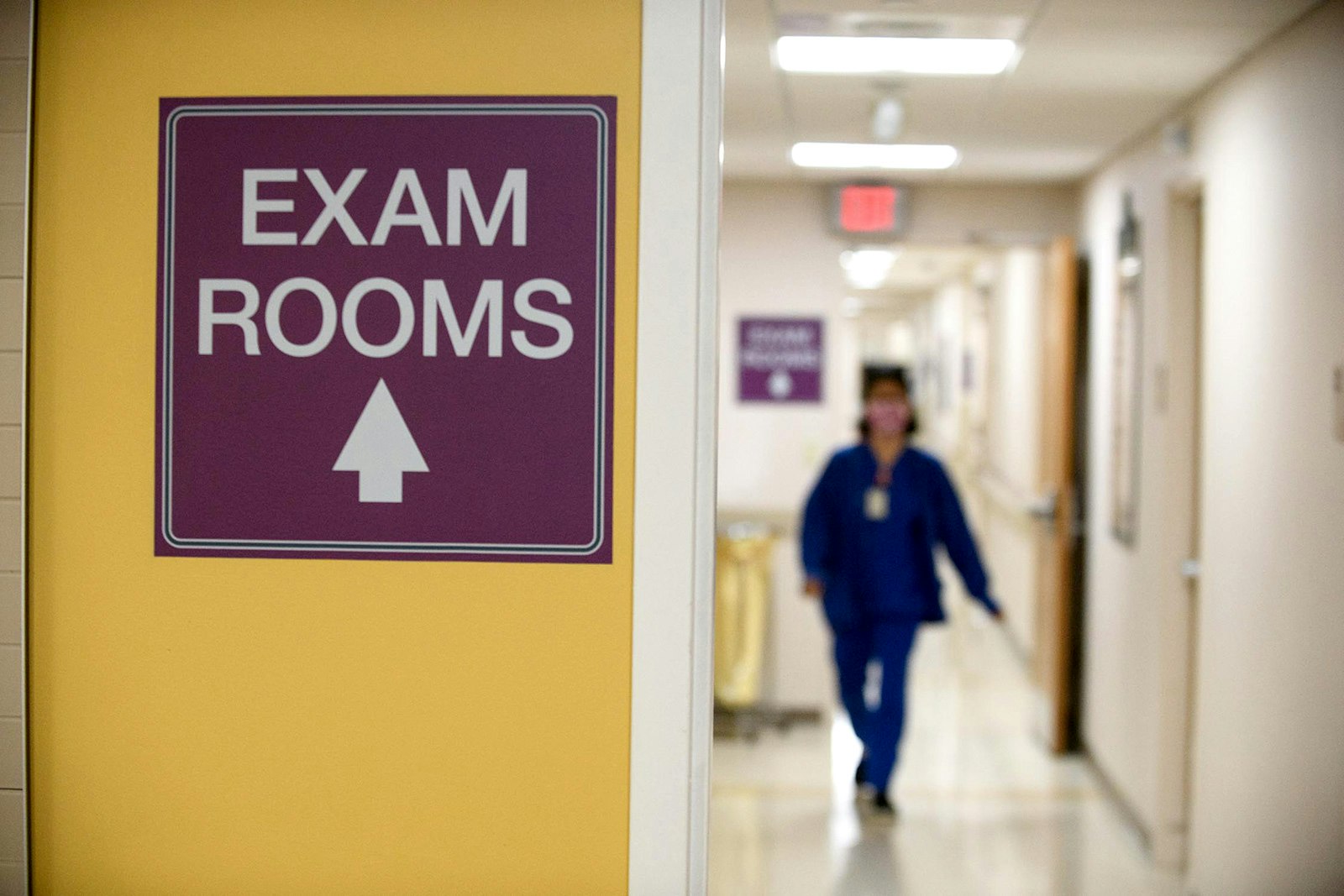Hemophilia and other bleeding disorders are uncommon conditions where your blood doesn’t clot normally, due to a lack of clotting proteins, and may lead to uncontrolled internal or external bleeding.
The WVU Hemophilia Treatment Center at the WVU Cancer Institute offers treatment for all types of bleeding disorders. Our team includes specialists in adult and pediatric hematology, social work, physical therapy, and dentistry.
Experience and resources matter — studies show that patients, who obtain care at a federally funded hemophilia treatment center such as ours, experience fewer hospitalizations and improved survival rates compared to those who are not treated at a Hemophilia Treatment Center. The treatment and diagnosis of bleeding disorders require specialized training and diagnostic services not available in most locations.
Types of Hemophilia
Some forms of bleeding disorders run in families. If you have a family history of the disease, doctors will likely order blood tests when you are young so treatment can begin early.
Bleeding disorders, such as hemophilia, are often:
- Inherited or caused by a gene mutation
- Marked by excessive bleeding due to a lack of clotting factors
- Mild, moderate, or severe
There are several different types of hemophilia (A, B, and C.) Each is caused by a different gene mutation. Acquired hemophilia is a rare autoimmune disorder where the immune system attacks blood clotting factors.
Hemophilia Symptoms
Uncontrolled bleeding is the most common symptom of hemophilia. Other symptoms you might experience include:
- Large or deep bruises
- Severe, long-lasting nosebleeds
- Swollen and painful joints
- Unexplained and excessing bleeding from small cuts or injuries
Hemophilia Treatment
The WVU Hemophilia Treatment Center’s comprehensive program focuses on improved care for those with bleeding disorders. Our team uses suggestions from patients, families, and providers, as well as outcomes data and guidelines from the National Hemophilia Foundation, to improve treatment, reduce risk, and enhance quality of life. While there currently is no cure for hemophilia, effective treatments are available. Our Hemophilia Treatment Center team works with you to determine which treatment is best for you.
Improving Hemophilia Care
At the WVU Hemophilia Treatment Center, we focus on you — your health and safety. We work to:
- Coordinate care with your primary care physician
- Connect you to routine dental care
- Get you prophylaxis if you have severe hemophilia
- Provide quick access to care when you experience an urgent bleeding episode
- Help you transition from hospitalization to outpatient care
- Develop safe treatment plans if you are pregnant or need surgery
- Use telemedicine services to help reduce your travel
How You Can Stay Safe
Since hemophilia doesn’t have a cure yet, doing all you can to stay as healthy as possible will make living with hemophilia a bit easier. There are things you can do to decrease episodes of bleeding, including:
- Get approval from your doctor before taking any new medications, including over-the-counter ones
- Handle any injuries with the correct care
- Let all your healthcare providers know you have hemophilia
- Stay active and at a healthy weight
- Take safety precautions when engaging in high-risk activities
- Notify your hemophilia doctor if you need surgery or a procedure and don’t have surgery unless you have a plan in place for treatment
Resources and Appointments
If you have a serious bleed, please call 911 for emergency care. If you need to contact your hemophilia doctor for non-emergency issues, please use the following resources.
Pediatrics
Our team responds to MyWVUChart messages Monday through Friday from 8 am to 4 pm.
For an appointment or an urgent concern, please call 304-598-4417, option 4.
Adult
Our team responds to MyWVUChart messages Monday through Friday from 8 am – 4 pm.
For urgent concerns, please call the WVU Hemophilia Treatment Center Triage Line at 304-598-4500. The triage phone is answered Monday through Friday from 8 am to 5 pm. For after-hours emergencies, the on-call physician can be paged.
For a new appointment, call 304-598-4552.
